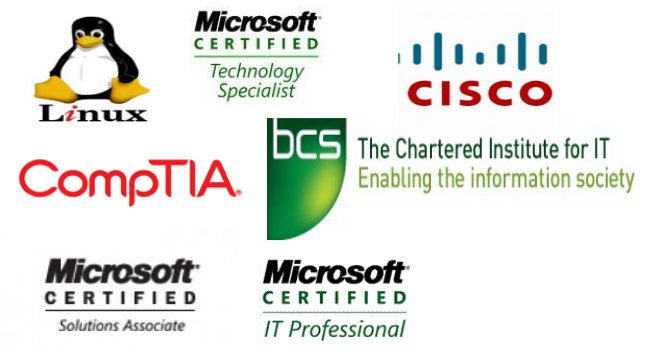I have a problem and I am guessing a lot of you will have had the same problem at some point. You see my tech kit (ie laptops, Mac etc) is starting to get old and I think I might be getting to the point where they need upgrading to something newer and faster. That however is not the problem – the problem is I don’t really want to spend the money right now but when IS the right time?
I am a big believer in if it ain’t broke then don’t fix it and this has served me well in the past. I don’t believe you should just upgrade something because there is a newer, shiner, faster model on the market but I also don’t believe you should keep an old server going well past its sell by date just because it works either and on very old software (Server 2003 anyone?).
Finding the balance can be very tricky and in a lot of cases gets overshadowed by running a business and making money instead. I have lost count of the number of times I have had conservations with clients along the lines of “The kit is working at the moment so we shall leave it alone and fix it later”. In one case their server died a month later!!
So back to the problem – when is the best time to upgrade your systems? When they aren’t doing what you need. If it is taking longer to open files, access emails, or running outdated software like Windows Vista this is a green light for upgrading. If your server is on its last legs or you aren’t confident your backups aren’t working properly this would also be a good time.
Remember if your systems fail you can’t do any work and as we all know time is money.
About the Author
Hi I’m Chris Wakefield the owner of ComTech IT Support. I provide Cisco, Windows, OS X and Linux based IT Support to small businesses throughout Scotland.
Follow @Comtech247 on Twitter












